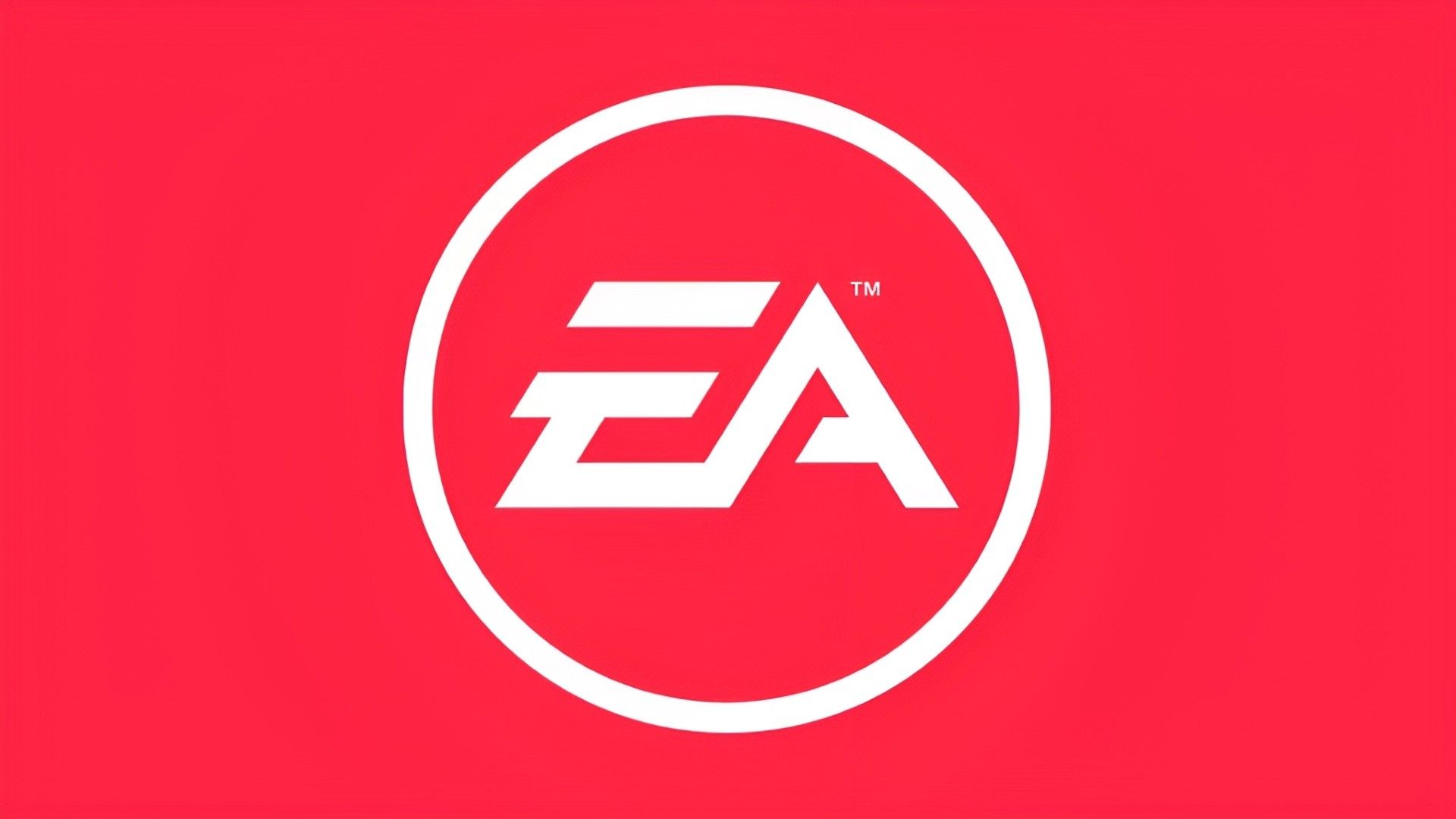
Two U.S. Senators have written a letter expressing concerns that EA’s recent purchase could pose risks to national security. The deal was already a big topic of conversation in the industry, and now that it’s official, it’s quickly gained the attention of government officials. This may complicate the future of the acquisition.

In late September 2025, Electronic Arts (EA) announced it would become a private company in a deal worth $55 billion – the biggest leveraged buyout ever, surpassing anything previously seen in the gaming world. If regulators give the go-ahead, a group of private investors – including Silver Lake, Affinity Partners, and Saudi Arabia’s Public Investment Fund (PIF) – will fully own the video game company. This isn’t the first time the PIF has made a large investment in gaming, but their involvement in this deal immediately raised concerns among some government officials.
U.S. Senators Warn the Treasury Over “National Security Risks” of the EA Buyout
Senators Richard Blumenthal and Elizabeth Warren wrote to Treasury Secretary Scott Bessent expressing serious worries about national security and potential foreign influence related to the proposed EA deal. Their concern stems from the fact that the Public Investment Fund (PIF) would own the majority of EA, potentially allowing it to exert undue influence. The Senators highlighted EA’s recent financial instability – including a $6 billion stock value loss in January – as evidence that the deal is less about financial gain and more about gaining influence over players. They believe the size of the deal, combined with EA’s performance, raises red flags.

The letter also points out worries that the Saudi government might be able to get its hands on private information from EA’s many gamers. Protecting player data is already a big issue in the gaming world – earlier this year, the Borderlands series faced backlash and negative reviews after changes to its user agreement, with some players even accusing it of acting like “spyware.” Because gaming companies collect so much data, these kinds of concerns are understandable, but they aren’t limited to EA or the potential buyout by the Saudi Public Investment Fund.

Whether this letter will influence U.S. regulators and how the deal moves forward is still uncertain. This isn’t the first time the Saudi government’s involvement in gaming has caused controversy. Last year, some Twitch streamers received criticism for accepting sponsorships from Saudi Arabia, but the country’s investment fund has continued to expand its role in the gaming world. It’s currently a major investor in Nintendo, and this potential deal with EA would represent its largest investment in an American video game company.
Read More
- God Of War: Sons Of Sparta – Interactive Map
- Poppy Playtime Chapter 5: Engineering Workshop Locker Keypad Code Guide
- Poppy Playtime 5: Battery Locations & Locker Code for Huggy Escape Room
- Poppy Playtime Chapter 5: Emoji Keypad Code in Conditioning
- Someone Made a SNES-Like Version of Super Mario Bros. Wonder, and You Can Play it for Free
- Who Is the Information Broker in The Sims 4?
- Why Aave is Making Waves with $1B in Tokenized Assets – You Won’t Believe This!
- One Piece Chapter 1175 Preview, Release Date, And What To Expect
- How to Unlock & Visit Town Square in Cookie Run: Kingdom
- All Kamurocho Locker Keys in Yakuza Kiwami 3
2025-10-16 17:04